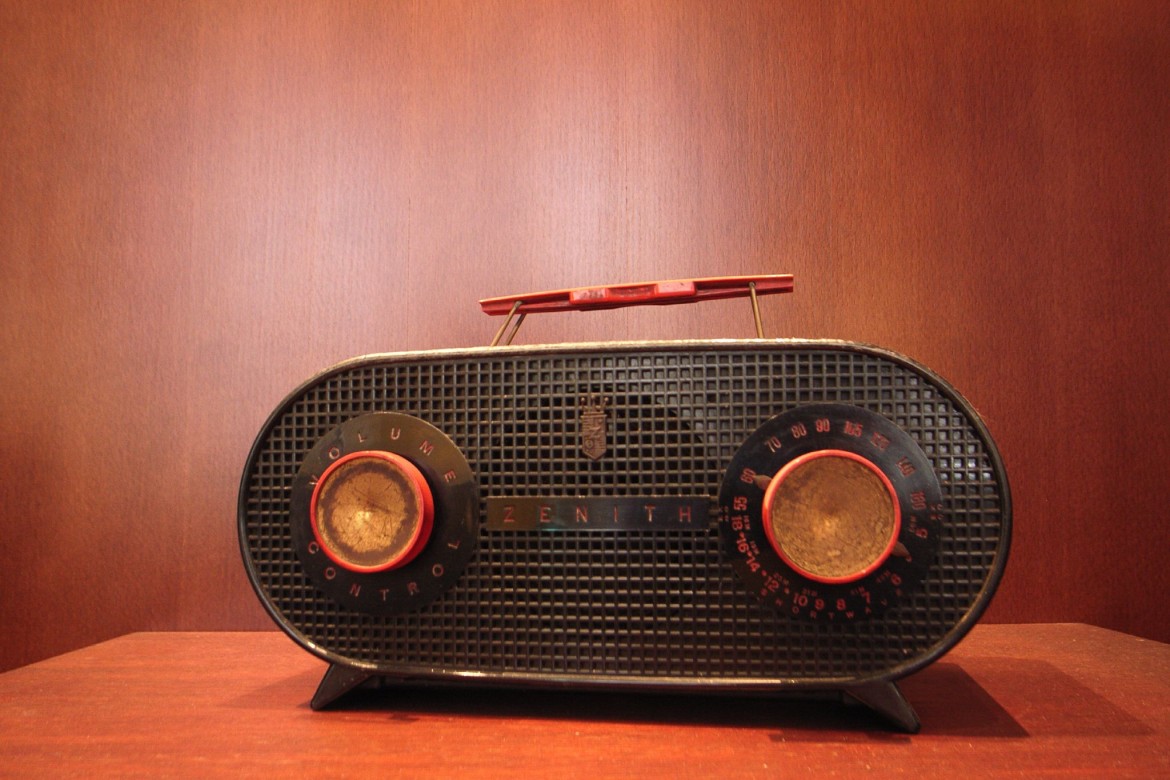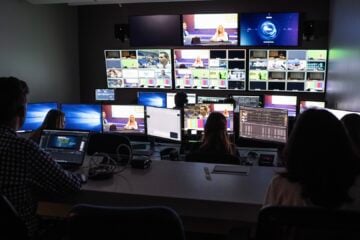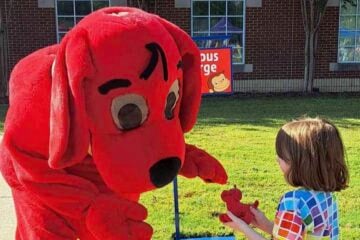Pew study of generational media habits includes findings about NPR, PBS


(Photo: chia ying Yang, via Flickr)
A survey of media consumers released Monday found Baby Boomers gravitating toward PBS’s news, while millennials are less familiar with NPR as compared other age groups.
Those were among the findings in the Pew Research Center’s “Millennials and Political News,” which examined where respondents get news, their trust of news organizations and other topics. NPR, PBS and the BBC were included in survey questions about news habits and name-brand awareness. Here are a few tidbits:
- Among Gen Xers (defined as ages 34–49), NPR ranked as the 4th–most-popular media outlet when respondents were asked to name their main source for news about government and politics. NPR was the top choice for 7 percent of Gen Xers; CNN was first in that age group, with an 18 percent share. No other public media outlet cracked the top five choices in any age group.
- More millennials and Gen Xers reported turning to NPR for news than to PBS, while PBS topped public media outlets among Boomers’ news sources. Twenty-four percent of Boomers ages 50–58 and 28 percent ages 59–68 said they got news from PBS. Just 12 percent of Gen Xers watched PBS for news, along with the same share of older millennials (ages 26–33). But just 7 percent of millennials ages 18–25 said they looked to PBS for news.
- NPR was the most popular public media source among millennials, yet had the lowest name recognition. Forty percent of younger millennials said they’d heard of NPR, 71 percent had heard of the BBC, and 85 percent knew of PBS. About 57 percent of respondents in other age groups were aware of NPR.
Dig into the full study here. What are your reactions? For starters: What do you make of the NPR awareness gap the study found among millennials? (And why were so many more younger millennials aware of the BBC than of NPR?)
Related stories from Current:






(And why were so many more younger millennials aware of the BBC than of NPR?)
Television drama – Doctor Who, Sherlock, Orphan Black, etc. All are hugely popular with Millennials internationally.
Since the question was about brand recognition, it doesn’t mean they know the BBC from news programming.
As far as the awareness gap goes, Millenials have lower ownership of automobiles and may have never owned any other radio. Their audio content comes from smartphones, mostly personally curated. So how are they likely to first discover NPR or their local station? Not scanning the radio dial. Podcasts, word of mouth and links on other news sites most likely…
Interestingly, there’s been a recent spat over the very topic of Millennial car ownership. An (apparently flawed) study showed that Millennials actually WERE buying more cars. Then a takedown by Jalopnik demonstrated that there were more cars being purchased by Millennials but that was because there are 30-odd million MORE Millennials than GenX’ers out there. So the car buying RATE was actually much lower than X’ers.
http://jalopnik.com/millennials-arent-buying-more-cars-there-are-just-more-1699514536
Now this begs the question: even if there’s a lower awareness RATE of NPR because a smaller percentage of Millennials are buying cars…is a moot point because the raw AMOUNT of Millennial car buyers is still higher. It’s an excellent question. Obviously a higher rate is usually desirable, but having 50% of 100 people still means a much, much smaller listening pool than having 10% of 100,000 people. (just as random example)
nailed it, I reckon
I find that people confuse NPR and PBS all the time. I’d be curious to see if that was a factor in the awareness gap. For instance, survey respondents may have checked off “I’ve heard of NPR” but they were actually thinking of PBS, and vice versa.
Yep, and to what extent did “NPR” also mean other public radio — there was probably some blurriness there. And if someone got their news from NPR’s website but not the radio, would they report NPR as a choice? It looks like Pew in some cases prompted respondents to first say which media platform (TV, radio, online) they get most of their news from, then specify the source.
You wouldn’t believe how many people walked up to me at station events I was tabling or whatnot, and gushingly told me that they were just SO happy that my station (both today at WRNI/RIPR and in a previous station, WEOS) was airing the Diane Rehm Show and were happy to be contributing listeners to us.
Ummm…we air On Point with Tom Ashbrook, but, umm, well…thanks?
Here at RIPR we get calls about content that airs on WSBE/RI-PBS. Not a lot, maybe once a month? But it definitely happens. Our organizations have no formal (and little informal) connections to each other.
People definitely confuse different NPR stations, and NPR with PBS, **ALL THE TIME**. So correcting for that is a big deal.